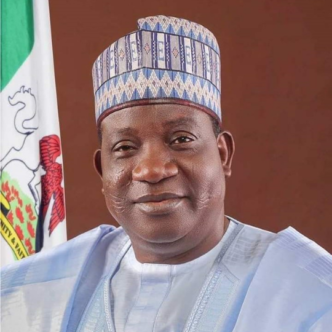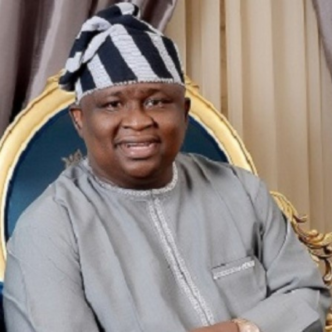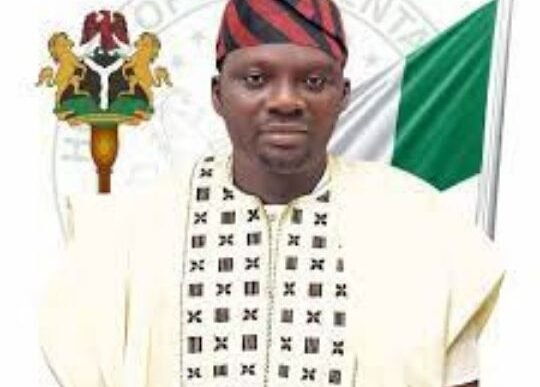Bill Sponsor: Sen. Simon, Bako Lalong (Plateau South)
Bill Progress: First Reading
The Senate’s introduction of the Electoral Act 2022 (Repeal & Enactment) Bill, 2025 (SB. 903) marks a significant stride toward overhauling Nigeria’s electoral framework. This initiative signifies a comprehensive legislative effort to review and replace the existing Electoral Act of 2022, which was first put to the test during the highly scrutinized 2023 general elections.
The primary objective of this “Repeal & Enactment” bill goes beyond minor amendments; it aims to entirely scrap the previous legislation and establish an entirely new legal framework. This approach is being taken to address shortcomings that were revealed during the 2023 elections, which, despite being seen as a step forward, exposed various ambiguities and weaknesses in the electoral process. The bill seeks to strengthen these vulnerable areas and close any loopholes identified by the election process and various judicial reviews conducted by Election Petition Tribunals.
A focal point of the proposed reforms lies in the mandated use of technology to streamline electoral processes. A significant emphasis will likely be placed on ensuring the Independent National Electoral Commission (INEC) is legally required to implement electronic transmission of results. This would involve clarifying the procedures for electronically uploading results from polling units as well as collation sheets, enhancing the transparency and reliability of the electoral outcome.
Additionally, the bill aims to bolster the legal requirement surrounding the Bi-modal Voter Accreditation System (BVAS). Strengthening this aspect of the law would ensure that the BVAS equipment, used for voter accreditation and result management, effectively fulfills its role in creating a credible electoral process.
Another critical area highlighted for reform includes reevaluating the structure and appointment processes within INEC. Current proposals advocate for measures that would enhance the commission’s independence and promote the professionalization of its personnel. Ensuring that INEC operates independently and is staffed by qualified individuals is vital for maintaining the integrity of the electoral process.
Moreover, the bill addresses the need for a framework to enable Nigerians living abroad to vote, thereby advocating for the introduction of diaspora voting. Establishing such a system could significantly enhance inclusivity and ensure that every Nigerian citizen, regardless of their location, has a voice in the democratic process.
Alongside these reforms, another vital proposal is the establishment of an Electoral Offences Commission. This dedicated body would be tasked with the investigation and prosecution of electoral crimes, thereby enhancing accountability within the electoral system.
As a “Repeal and Enactment” bill, SB. 903 seeks to consolidate all desired new provisions into a cohesive legal framework that will effectively govern future elections, with a particular emphasis on the upcoming 2027 General Elections. The complete restructuring of the electoral law aims to ensure that Nigeria’s electoral process reflects democratic ideals, improved transparency, and increased public trust.











